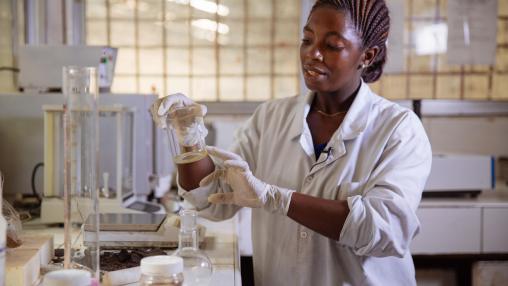
Agriculture's Complex Tasks
The agricultural sector in Africa south of the Sahara has taken on an increasingly complex role in the region’s overall development, playing a major part in poverty reduction, food security, economic growth, climate change resilience, job creation, and improved nutrition. West Africa has experienced substantial economic growth in recent decades, with many countries slated to enter middle-income status by 2030, according to a new IFPRI Discussion Paper .
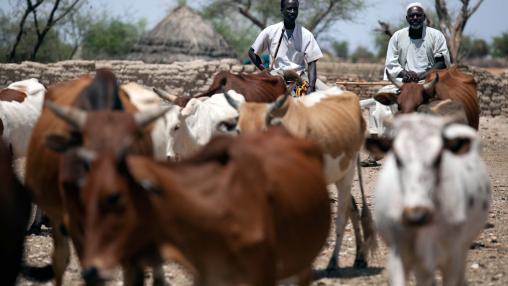
New GIEWS Country Briefs for Ethiopia and Tanzania
The FAO Global Information and Early Warning System (GIEWS) has released updated country briefs for Ethiopia and Tanzania. These briefs provide up-to-date food security and agricultural information, as well as forecasts for cereal imports and production and other food security-related indicators.
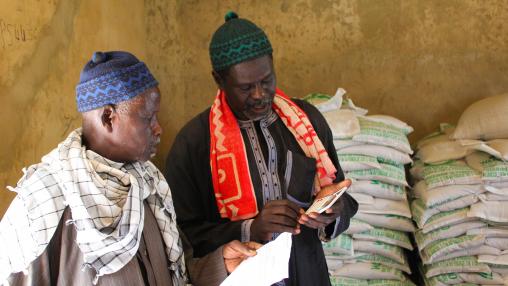
Credit Constraints, Skills, and Smallholders' Agricultural Production
This blog originally appeared in the AGRODEP Bulletin .
By Antoine Bouët , Senior Research Fellow, IFPRI
Smallholder farmers play a crucial role in global food security. However, smallholders also often do not meet their production potential, engaging in subsistence-level agriculture instead of producing excess outputs to then sell at market. Such farmers frequently do not have access to the capital they need to reach this higher level of production, nor are they trained in the skills required to successfully manage what is in effect a small business.
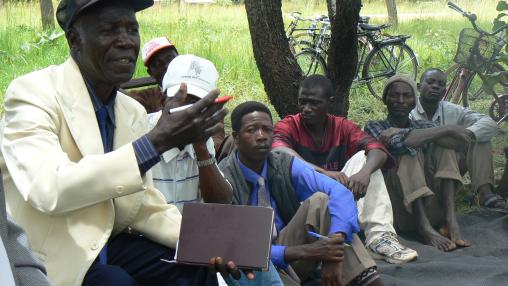
ICTs for Agriculture: Way Forward
Last week, a panel of global and regional experts joined the Africa south of the Sahara Food Security Portal for a virtual dialogue on ICT use in African agriculture . The dialogue centered on four main discussion questions:
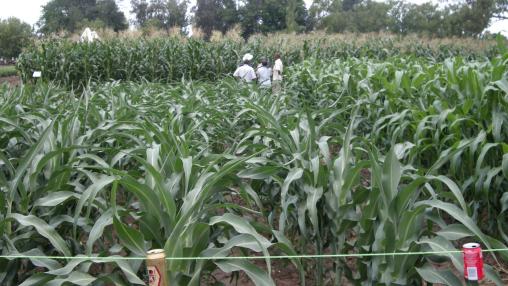
Sustainable Ag. Intensification
By 2050, FAO estimates that the global population will have reached 9.1 billion people. To feed this population, the world will need to produce significantly more food: 3 billion more tons of cereal and over 200 million more tons of meat products per year. At the same time, however, we face a lack of arable land upon which farmers can expand their production, as well as increasing competition for natural resources and decreasing soil fertility.
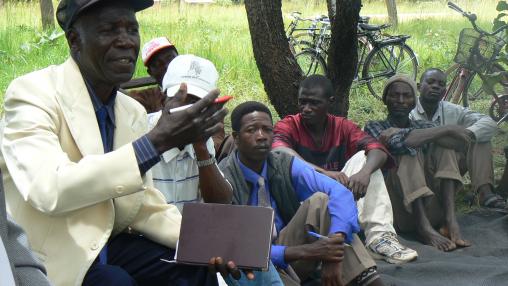
Virtual Dialogue: ICTs in African Agriculture (Summary coming soon)
Information and Communication Technologies (ICTs) - including mobile phones, audio-visual communication, digital technologies, and internet services - have played a significant role in development in Africa south of the Sahara over the past decade. The potential benefits of ICTs for the region’s agricultural sector, and its poor farming households, are especially important, as Africa south of the Sahara has the lowest rates of agricultural productivity and the highest rates of hunger in the world.
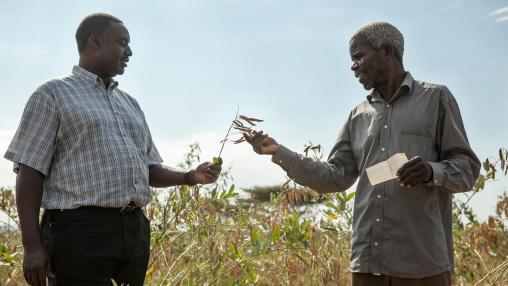
Agricultural Extension Services in Malawi
According to a new technical report from IFPRI’s Malawi Strategy Support Program (MSSP), despite the fact that Malawi has exceeded the 10 percent agricultural investment goal set forth by the CAADP, the country’s agricultural productivity has remained stagnant in recent years and food insecurity and undernutrition remain rampant.
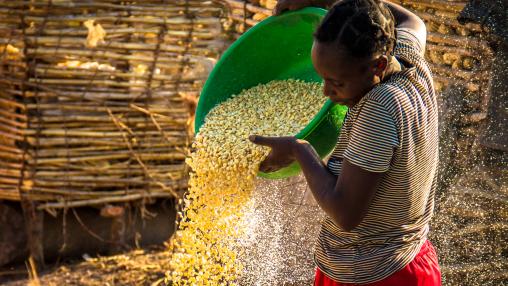
New GIEWS Country Briefs Released
FAO’s Global Information and Early Warning System (GIEWS) has recently released several new country briefs for the Africa South of the Sahara Food Security Portal’s prioritized countries. The country brief series provides information regarding countries’ current agricultural season and harvest prospects for main staple food crops, as well as estimates and forecasts of cereal production, cereal imports, and food prices and policy developments. This latest round of updates includes new information for Senegal , South Sudan , Nigeria , and Zambia .
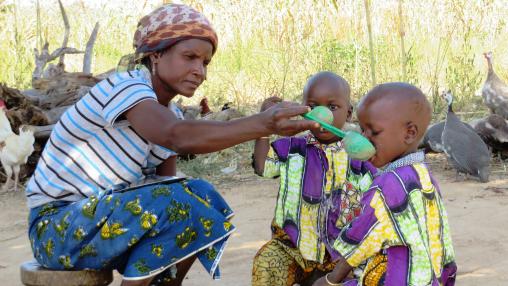
Improving Africa's Resilience: Regional Food Security Overview
Africa south of the Sahara currently faces a range of shocks - from civil conflict to increasing incidence of transboundary plant and animal pests and diseases to climate-related shocks stemming from both climate change and recent El Niño and La Niña weather phenomena. According to the most recent edition of FAO’s “Regional Overview of Food Security and Nutrition in Africa” , taken together, these shocks pose a threat to recent progress made in the region to attain food and nutrition security.
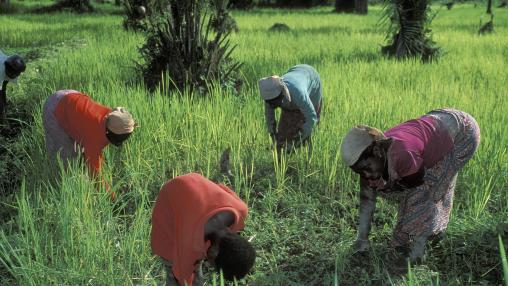
Can Africa Feed Itself?
Demand for cereals in Africa south of the Sahara could triple by 2050, and increasing current yields on the region’s existing farmland alone may not be enough to meet that demand, according to a new paper in the Proceedings of the National Academy of Sciences.